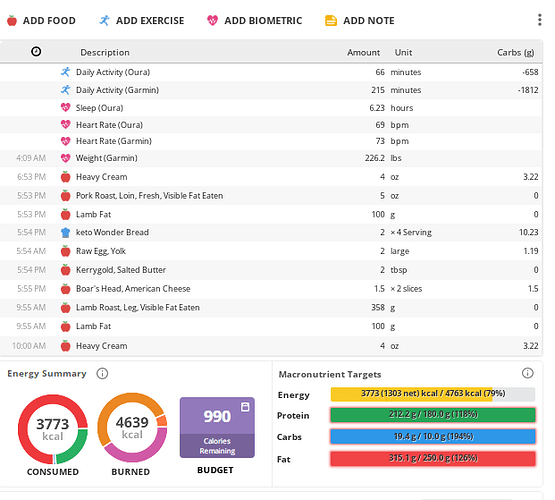The reason I worry about high BG is because of the damage it can cause. Too much glucose can damage your body. Diabetics have to worry about eye damage neuropathy, poor circulation leading even to amputations. It can also lead to atherosclerosis and possibly dementia.
I have looked for, but not found, research that says only peaks of glucose can cause that. I’ve seen this claim from doctors and youtubers who make money out of the diets they claim are good. To me, it makes no sense. If the problem is too much glucose in the blood stream, then it doesn’t matter if it is high because of a peak, or if it comes from my liver, or my food. The end result is that it is in my blood, going places and causing damage.
Many people defending agendas will say, “oh, what I tell you to do, what I’ve built my business on selling supplements, ads, causes high BG. Then I’ll start saying that it isn’t the high BG per se that’s bad, but it’s only bad if it was in your food, or if it was a postprandial peak.”
Even if they genuinely think so, it is what they ‘think’. They can ‘think’ lots of things. It doesn’t make it true.
So, until there’s some kind of science explaining that my body can make the difference between glucose of this or that origin, I want to keep an eye on it and work to keep it low.
Why <100? Since I was a child, this was the threshold for people considered normal. I don’t care if postprandial goes up to 120, 130. But my fasting, I want it below 100.
I’ve been reading a lot about it and fasting blood glucose is a good predictor of diabetes around the corner.


 This might be worth exploring
This might be worth exploring